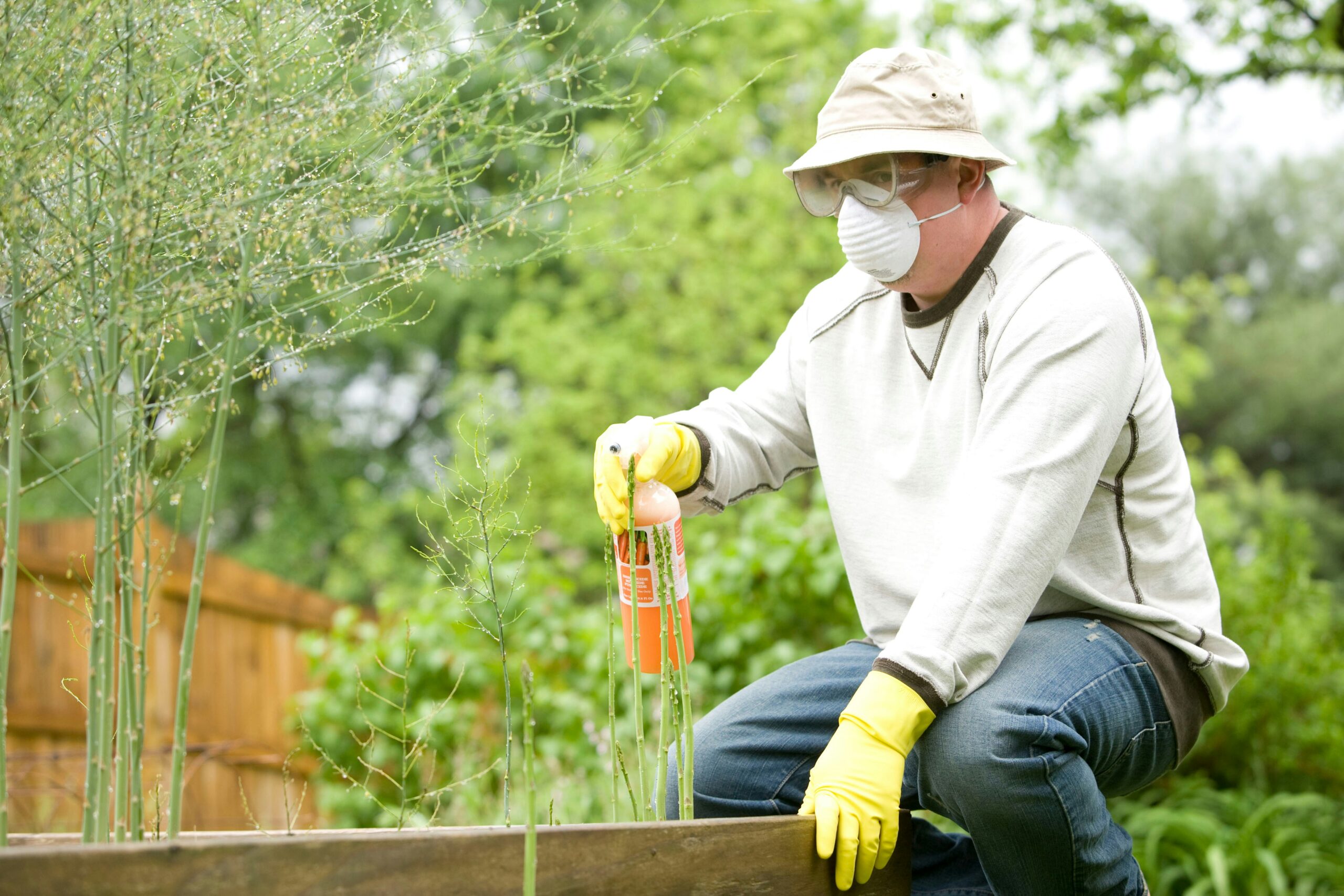
Pest Control Safety: Understanding the Risks
Understanding the Risks of Pest Control Work
Pest control plays a vital role in protecting public health and maintaining hygienic environments. However, it carries serious risks that Pest Control Officers (PCOs) manage daily. One major concern is direct exposure to pesticides. Many treatments contain toxic chemicals that can harm people and the environment. Contact with the skin or inhalation of these substances may lead to short-term irritation or long-term health issues. PCOs reduce these risks by wearing the correct personal protective equipment (PPE) at all times. The tools and equipment used also present hazards. Spray systems, traps, foggers, and bait stations require careful handling. Without proper training, these tools can cause injuries, including cuts, sprains, or more severe accidents. PCOs follow strict operational guidelines and regularly complete training to stay safe. Environmental hazards add another layer of complexity. Slippery surfaces, unstable lofts, confined spaces, and aggressive pests can create dangerous conditions. PCOs operate in homes, warehouses, commercial kitchens, and outdoor areas, each presenting unique challenges. A thorough site risk assessment before starting treatment ensures safe working procedures, correct PPE use, and prevention of avoidable accidents. ➡️ Official guidance on safe pesticide use: HSE Pesticide Safety.Importance of Personal Protective Equipment (PPE)
PPE is one of the most important safety measures in pest control. It provides essential protection when working with harmful chemicals and in hazardous environments. Gloves, masks, goggles, and protective clothing form a barrier between the worker and risks involved in treatments. Handling pesticides without protection can cause chemical burns, skin irritation, or respiratory issues. PPE prevents direct contact with toxic substances and ensures safe application. It also improves job performance by allowing officers to work confidently and accurately. Beyond chemicals, PCOs use sharp tools, moving machinery, and heavy equipment. Slips, falls, or equipment-related injuries are possible on the job. Sturdy footwear, eye protection, and durable gloves reduce injury risk and support efficient, safe work. Proper training in PPE use is essential. Every PCO must know which equipment suits each task, how to don and remove it safely, and how to maintain it. Refresher courses reinforce good habits and keep the team updated on the latest procedures. PPE isn’t just a box to tick — it forms the foundation of safe working practices. At Shire Pest Solutions, we use PPE as standard on every job, from routine wasp nest removals in Didcot to rodent control visits in Wallingford.Essential PPE Gear for Pest Control Officers
At Shire Pest Solutions, every PCO receives high-quality protective gear tailored to the task. This equipment allows our team to work safely and effectively across a wide range of pest issues.- Safety helmets: Protect against falling debris or low ceilings in roof voids and lofts.
- Eye protection: Safety goggles guard against chemical splashes and airborne particles during treatments.
- Gloves: Nitrile gloves protect from pesticides and biological hazards, while thicker rubber gloves are used for rodents or nesting materials.
- Specialised suits: Bee suits and full-body protection are essential when handling stinging insects.
- Footwear: Durable, non-slip boots with ankle support are vital outdoors or in unstable environments.
Additional Safety Protocols and Training for PCOs
Safety at Shire Pest Solutions extends beyond PPE. We prioritise training, proactive risk management, and forward planning. Officers receive hands-on guidance to ensure confidence in every situation. Before starting a job, we assess specific risks. For example, when working at height—like lofts or chimneys—we use harnesses and fall-prevention gear. In tight crawl spaces or basements, personal gas detectors check for poor air quality or harmful fumes. Ongoing training is critical. Regular workshops cover chemical handling, PPE maintenance, risk assessments, and emergency response protocols. Our teams practise quick, correct reactions to any unexpected incidents. When PCOs understand the risks, they make better decisions. Our team doesn’t just follow rules — they know why each measure matters. This knowledge translates into safer, more effective pest control for homes, warehouses, and commercial premises.Commitment to Safe Pest Control Across Oxfordshire
By focusing on education, preparation, and proper equipment, Shire Pest Solutions sets high industry safety standards. Whether responding to a call-out in Didcot or tackling infestations in Wallingford, our PCOs deliver safe, professional pest control every time. We combine expertise, PPE, and strict protocols to protect our team, clients, and properties — ensuring peace of mind for everyone. ➡️ For further guidance on health and safety in pest control, see the National Pest Technicians Association (NPTA).WHATEVER YOUR PEST PROBLEM WE CAN FIND A SOLUTION
call today 01235 399073
We provide removal, eradication and control for all equestrian pest problems in Didcot, Wallingford, Abingdon, Harwell, Newbury, Wantage, and all surrounding towns and villages.
